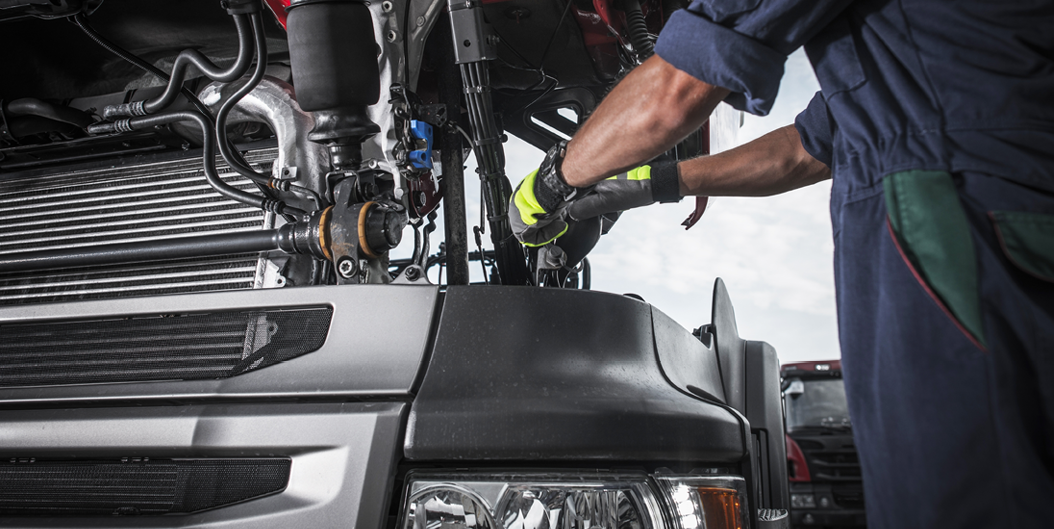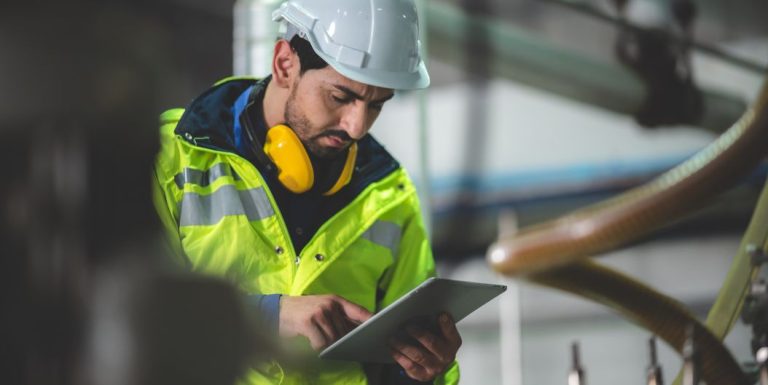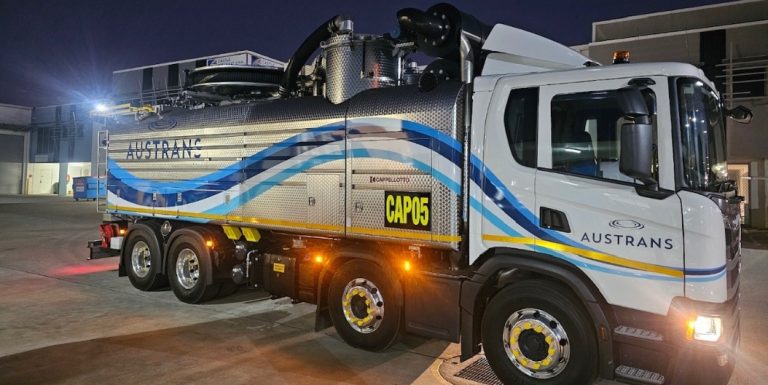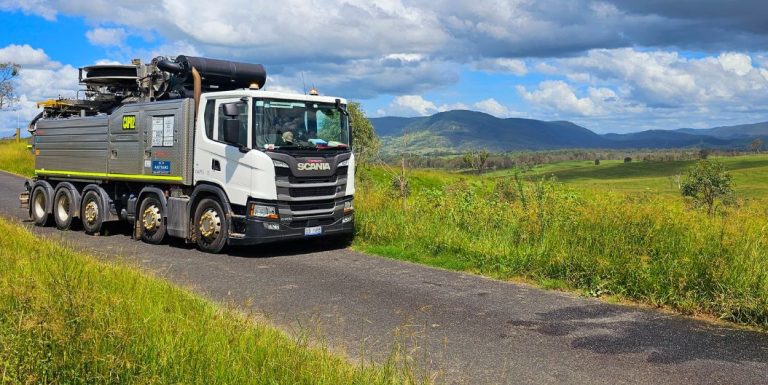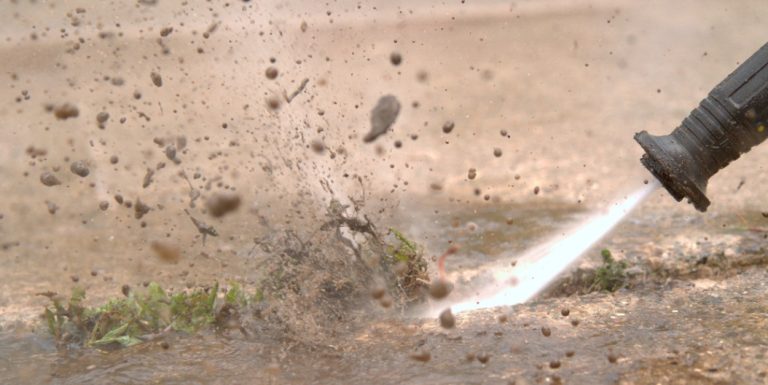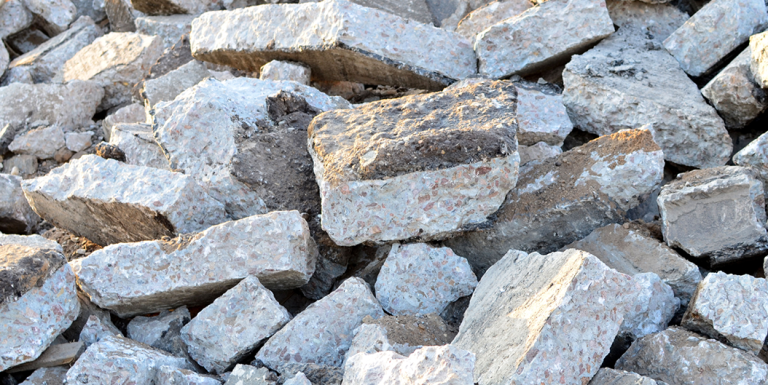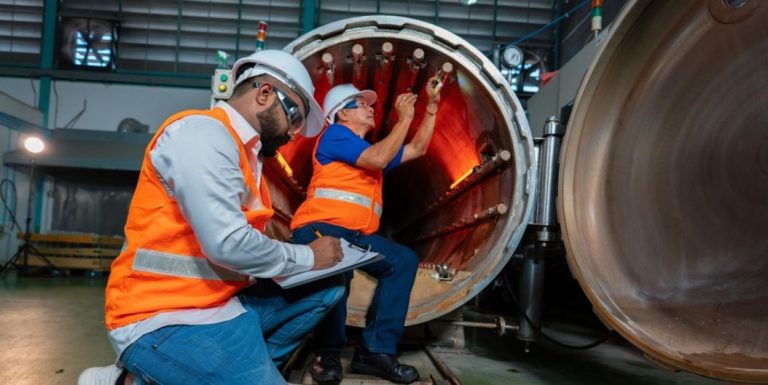The Role Of A Heavy Vehicle Mechanic
As the name would suggest a heavy vehicle mechanic is responsible for repairing any vehicle larger than a car – but what else does this type of work involve?
Despite many commercial enterprises taking more steps to go green, the need for diesel mechanics is showing zero signs of slowing down, with the career expected to grow by 8% from 2020 to 2030. While the role continues to focus on providing optimal maintenance, repairs and service to diesel engines, it’s undergone a shift due to new technologies, an aging workforce and increased focus on work life balance.
So long as we keep building things, there will always be a need for heavy vehicle mechanics. As this type of work is ultimately responsible for repairing and maintaining any form of vehicle larger than a standard car, a heavy vehicle mechanic may work with a wide range of vehicles and machinery, including cars, buses, trucks and farm equipment.
As such, it’s no surprise that this type of employment is often associated with FIFO style working arrangements to meet the demand of the oil, gas and mining industries. Despite the lucrative pay packages, a growing number are choosing to stay closer to home.
A Day In The Life Of A Heavy Vehicle Mechanic
On any given day, a heavy vehicle mechanic may test and diagnose faults with heavy machinery, carry out repairs and maintenance on these types of vehicles, dismantle, remove and overhaul engine assemblies, transmissions and other parts, and even use welding, machining or hand-fitting to repair parts.
Given the wide scope of work conducted by a heavy vehicle mechanic, employment opportunities for a heavy vehicle mechanic are just as vast as the tasks themselves. Many have the luxury of choosing what type of sector they want to work in – some heavy vehicle mechanics prefer to stay local with a transport or logistics company, while others prefer to use their skills on farms or large scale pastoral groups. For heavy vehicle mechanics who enjoy a mix of workshop and field work, any earthworks operation will usually provide this.
To become a heavy vehicle mechanic, practical mechanical skills are of course essential, but there are other traits required to be compatible with the nature of this work. While heavy vehicle mechanics need to have a deep understanding of technology and systems used in a wide range of heavy vehicles, they must also prioritise health and safety, have a reasonable level of physical fitness, have a methodical approach to solving problems, and be able to effectively communicate issues to people who don’t have their level of skills or experience.
While pay has long been considered to be a primary motivator for choosing a career as a heavy vehicle mechanic, it’s also an employment path that suits ‘tinkerers’ and those who find satisfaction from what can only be referred to as pulling things apart, and putting them back together again. It’s physical, hands on work, and isn’t a good fit for people who prefer the comfort of an office chair, or those who are too impatient to truly get to the bottom of an issue.
In line with the booming labour market, the good news for heavy diesel mechanics is that they no longer need to commit to the FIFO lifestyle in order to make a decent wage. As the work can be particularly hard on the body, workers with families are shying away from the gruelling stints away from home in favour of employment opportunities that don’t require as much travel.
What’s more, is that a heavy diesel mechanic that sticks to one enterprise will often be able to exercise greater control over regular vehicle maintenance schedules, ensuring that there’s less repair work and more proactive planning – a win-win for both businesses and employees alike.
While it’s no secret that Australia is currently grappling with a wide range of skills shortages, opportunities to work closer to home on higher wages have never been more widely available. In addition, what if there was a way to apply your skills in a company that truly values work life balance?
Take The Next Step In Your Career With Austrans
Established in 1999, the Austrans Group is proudly Australian owned and operated, and is now recognised as an industry leader in hazardous waste management, industrial services, project management all over South East Queensland.
From public infrastructure to assisting in massive environmental rehabilitation and providing complete disaster recovery support, Austrans have done it all, and have the expertise to get the job done.
As our business continues to grow, we have a number of new vacancies for people who can help us to deliver our superior service-based approach. With a handful of benefits including a positive working environment, weekly pay, flexible conditions and optional overtime at penalty rates, check out our Careers page to see what working at the Austrans Group is all about.

